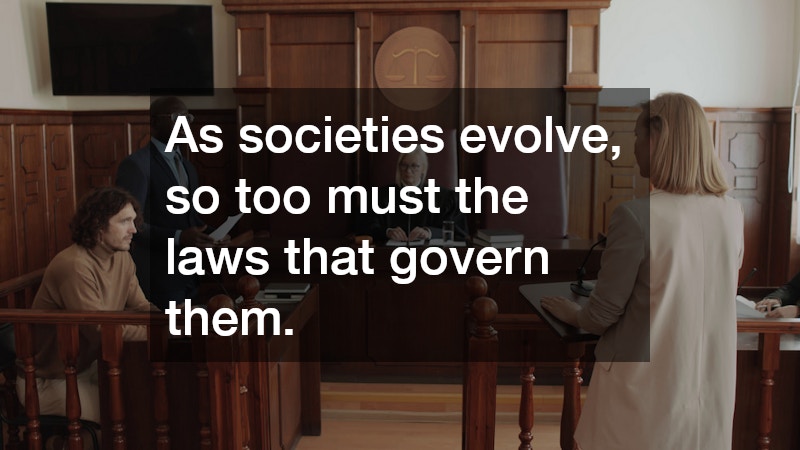In the complexities of human relationships, legal systems offer a framework to manage and resolve a range of domestic issues. Historically rooted in the preservation of family units, this area of law addresses significant matters that deeply affect people’s lives. It governs how familial relationships are formed, maintained, and dissolved, ensuring both societal stability and personal welfare. These rules don’t just apply to courtroom battles—they influence everyday decisions around marriage, parenting, and separation. This article sheds light on what these legal structures entail and why they remain essential in a rapidly changing world.
Key Issues in Domestic Legal Disputes
This field encompasses a wide range of topics, including marriage, divorce, child custody, adoption, and protection from domestic abuse. These legal processes are designed to regulate relationships within families and uphold justice. For example, when a marriage ends, the law outlines procedures for divorce and the fair distribution of assets. It also provides criteria for determining child custody based on a child’s best interests. The aim is to clearly define the rights and duties of each family member and minimize long-term conflict. Moreover, these laws serve to protect emotional well-being, especially for children who may be caught in the middle of contentious disputes.
At its core, this legal area supports family unity while offering mechanisms to resolve disputes. It includes provisions for guardianship and adoption, helping formalize caregiving roles when biological parents are unable to fulfill them. Non-custodial parents are also required to contribute financially, helping ensure children’s quality of life remains stable post-separation. These systems reflect cultural sensitivities while prioritizing well-being. As societies diversify, laws must account for blended families, single-parent households, and guardianships by extended family members.
Modern developments, such as same-sex marriages and advancements in reproductive technology, have introduced new complexities. This branch of law evolves alongside society, offering relevant solutions for contemporary family structures. Its adaptability reflects a commitment to fairness and inclusivity across all types of families. In particular, cases involving surrogacy, co-parenting agreements, and shared legal guardianship require legal systems to continually reassess long-standing frameworks.
Why Legal Protections Matter
One of the most vital functions of this legal area is protecting vulnerable individuals and resolving disputes constructively. It offers structure during life transitions and helps reduce emotional and financial uncertainty. By enforcing obligations like spousal and child support, it helps maintain household stability. It also supports healthier relationships after separation—especially important for the children involved. Emotional well-being is as much a focus as legal resolution, with support often extending beyond the courtroom through counseling and mediation services.
Its role in protecting individual rights, particularly for women and children, cannot be overstated. In abusive situations, the law provides protective orders and legal mechanisms for victims to escape and rebuild their lives. These remedies demonstrate its importance as part of society’s safety net. Survivors are empowered to reclaim independence and safety through a system designed to prioritize their well-being.
Custody and visitation decisions aim to ensure a child’s welfare above all. Mediation and counseling are encouraged as alternatives to court battles, offering families more amicable paths forward. These provisions emphasize peaceful, respectful resolutions in emotionally charged situations. Legal professionals often act as guides, helping families navigate trauma while protecting long-term interests.
Shaping Communities Through Policy
The impact of this legal domain extends far beyond individual homes. By regulating marriage, parenting, and separation, it reinforces social stability and shared values. Efficient legal frameworks reduce systemic stress on courts and help prevent long-term conflict, making for a more peaceful and productive society. A stable home life often translates into better educational outcomes, improved mental health, and economic self-sufficiency.
It also plays an educational role. By raising awareness about legal rights and responsibilities, it empowers individuals to make informed decisions. Public education and access to legal aid help close gaps in knowledge and access, ensuring everyone has the tools to navigate complex personal matters. Legal literacy promotes respectful, rights-conscious behavior, improving relationships and reducing preventable disputes.
As societies evolve, so too must the laws that govern them. The area of family law reflects these shifts—embracing diverse parenting models, adjusting custody norms, and adapting to new cultural standards. Its development mirrors public sentiment and drives social progress. Communities that invest in equitable domestic legal systems see long-term benefits in public trust, civic engagement, and youth development.
Though often behind the scenes, family law plays a crucial role in shaping domestic life and ensuring justice. By offering structure, protection, and fairness, it helps individuals and families weather life’s most difficult moments. Its continued evolution ensures it remains relevant, equitable, and responsive to today’s diverse needs. Understanding its scope equips us all to manage personal relationships with greater confidence and legal clarity. As society continues to evolve, family law must continue to address challenges with compassion and innovation—serving as a safeguard for personal rights and a foundation for a more just society.
.


